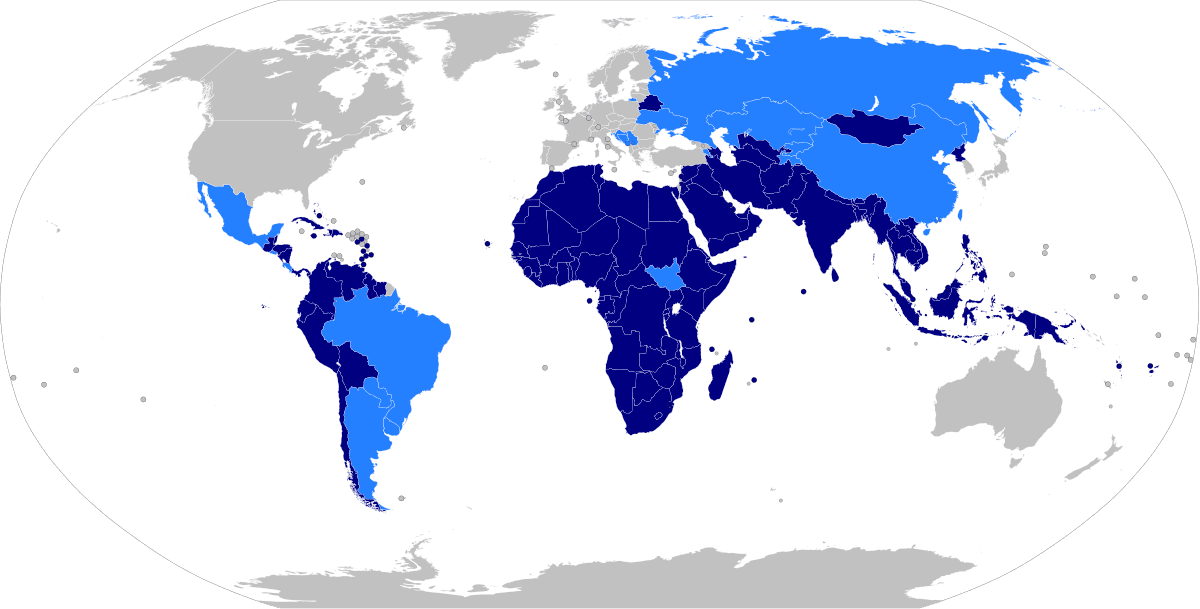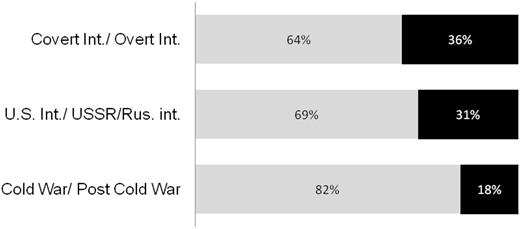they are invading India and Russia, albeit it in small sections.
then the border disputes with everyone
I feel they won't invade Oz, as there is no strategic reason outside of a major war.
Those aren't military invasions though, but rather the Chinese expanding their economic influence via third parties.
Again, pretty much what they've been doing in Africa and South America.
As I've noted, the Chinese are fundamentally long-term pragmatists, rather than natural competitors like the US. Long-term pragmatists know that shooting wars are neither cheap nor a particularly great way to expand one's influence, given that the local population will often be hostile.






